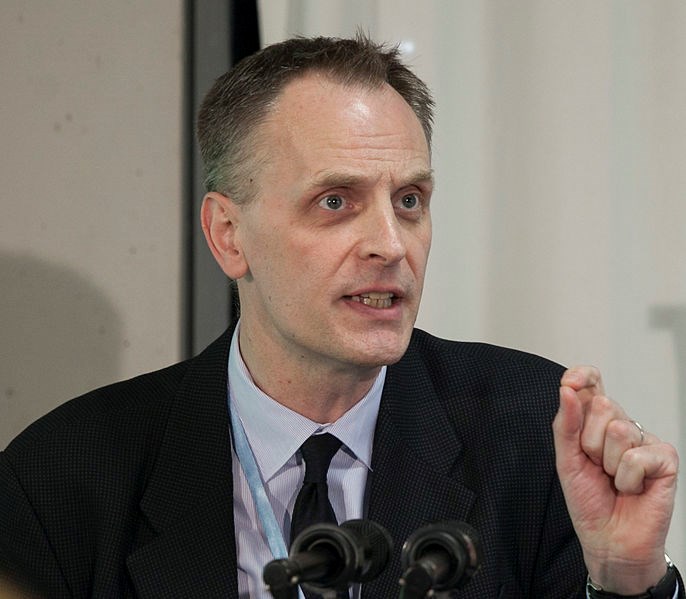In cutting funding to the World Health Organization in the midst of a pandemic, U.S. President Donald Trump may think he is attacking a bunch of faceless bureaucrats in Geneva and the World Health Organization’s regional offices around the world.
But in reality, he is attacking millions of impoverished people in dozens of countries whose health, indeed lives, depend directly or indirectly on WHO’s expertise and support. Small wonder that Richard Horton, the editor-in-chief of one of the world’s leading medical journals, The Lancet, described Trump’s actions as “a crime against humanity.”
Not only are these people facing the challenge of the COVID-19 pandemic, but other infectious diseases that kill, sicken and impoverish millions annually, largely in low-income countries, while dragging down their families, communities and countries.
It’s important to pay attention to these other pandemics, because they will still be with us after COVID-19 is gone, unless we focus on controlling and eliminating them — an important part of WHO’s work that Trump is undermining.
Imperial College’s Centre for Global Infectious Disease Analysis, which has been doing the disease modelling for the U.K. government, issued a report on March 26 on the likely global health impact of COVID-19. Their best case scenario, assuming a high level of effective suppression (what we are doing now in Canada) is that there will be between 1.85 and 9.3 million deaths before the pandemic is over. The worst case scenario is 40 million deaths, with many of them occurring in lower-income countries with much less capacity to deal with it.
To put that in perspective, there are normally about 56 million deaths annually worldwide, so at worst COVID-19 could almost double the usual death rate, at least for a while. But the good news, in a sense, is that this is likely a one-time event, unless the virus mutates to the point that any vaccine becomes partly or completely ineffective — which is unlikely in this sort of virus, we are told.
The WHO reports that 1.5 million people, mainly children, die annually from vaccine-preventable disease such as diphtheria, tetanus, pertussis (whooping cough), influenza and measles. In fact this is World Immunization Week, an opportunity, says the WHO, to focus on the “still nearly 20 million children in the world today who are not getting the vaccines they need.”
In addition, the WHO reports that 1.5 million people died from TB in 2018, while malaria caused 405,000 deaths and HIV/AIDS was estimated to result in 770,000 deaths. The WHO also reported that diarrhea — caused by a variety of bacteria and viruses when water supply is contaminated and sanitation is poor — killed about 525,000 children under five in 2017.
Together, these infectious diseases kill almost five million people annually, about the middle of the range for the best case scenario for COVID-19. But they do so year in and year out. At their current rate, in the next decade they will kill more than the worst case projected for COVID-19.
All these diseases are largely preventable at relatively low cost. The Global Fund, which “pools the world’s resources to invest in ending AIDS, tuberculosis and malaria as epidemics,” has a budget of just $4 billion a year, while the Global Vaccine Action Plan — endorsed by the 194 member states of the World Health Assembly in May 2012 — required a mere $40 billion of donor assistance by 2020.
So if we are prepared to reduce our economies significantly for COVID-19, while spending trillions of dollars to support people and businesses, why would we not invest just a small fraction of that amount in preventing these deaths and the associated illness and disability? The economic benefits of increased well-being, reduced health and social costs and increased economic activity would more than repay the investment.
When the dust settles on COVID-19, as it will, we need to resolve to take action on these other infectious disease pandemics with at least as much commitment as we are giving to the virus. In the long run, we will save far more lives, at a fraction of the cost.
Cutting funding to the WHO, endangering all the work this important organisation does to reduce this huge toll, is indeed a crime against humanity.
Dr. Trevor Hancock is a retired professor and senior scholar at the University of Victoria’s School of Public Health and Social Policy.



